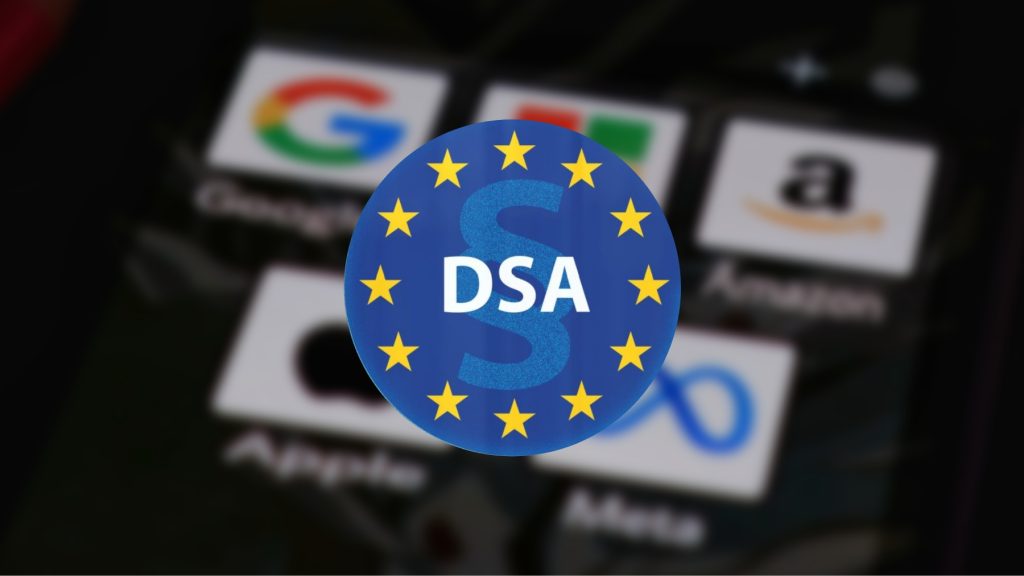
On August 25th, the EU Digital Services Act (DSA) will usher in its first phase, mandating content monitoring for tech giants.
- The DSA is a substantial stride towards safer online realms and controlling the spread of harmful content.
- Non-compliance risks substantial fines, potentially up to 6% of global revenue, or even EU bans for severe violations.
On August 25th, the first phase of the European Union’s (EU) Digital Services Act (DSA) will take effect, forcing content monitoring on tech giants operating in the EU, including Google, Facebook, TikTok, Amazon, and others.
The DSA’s primary goal is content monitoring and protecting users while safeguarding fundamental rights like privacy and free speech. Several platforms have already begun implementing changes to comply with the DSA’s regulations.
This regulatory framework represents a significant step towards safer online environments and curbing the spread of harmful content, ranging from illegal material to violations of platform terms of service.
In fact, 19 platforms are directly affected by the first phase of the DSA, including prominent social media platforms Facebook, TikTok, Twitter, YouTube, Instagram, and Snapchat. The Act is also directed at online marketplaces Amazon and Alibaba AliExpress, search engines Google Search and Microsoft’s Bing, and content providers Google Play and Apple’s App Store.
However, there’s been debate about the completeness of the list.
Notable platforms like eBay, Airbnb, Netflix, and PornHub are absent, potentially subject to future inclusions.
The DSA introduces various changes to platform operations and content monitoring, including streamlined methods for European users to report illegal content and problematic products. Platforms are required to promptly remove flagged content and offer explanations for content removal decisions.
Companies like Meta Platforms, the parent company of Facebook and Instagram, and Amazon are enhancing reporting tools. ByteDance’s TikTok is expanding its reporting options for users, while platforms like Facebook, Instagram, and Snapchat are providing options to disable recommendation systems that can lead to extreme content.
Despite the push for compliance, some companies, like Zalando, are challenging their inclusion, arguing that they pose fewer systemic risks. However, such platforms are still implementing content flagging systems in preparation.
Non-compliance could result in hefty fines, potentially up to 6% of a company’s global revenue, or even EU bans for serious violations. Platforms will have to undergo scrutiny of their algorithms to ensure compliance. Trust the EU to hit where corporate hurts.
As Europe’s digital rules take effect, their impact could extend beyond the continent. Platforms like Wikipedia are implementing global changes based on DSA requirements, reflecting the challenge of limiting these changes due to the international reach of digital networks and influencers.
Inside Telecom provides you with an extensive list of content covering all aspects of the tech industry. Keep an eye on our Tech sections to stay informed and up-to-date with our daily articles.